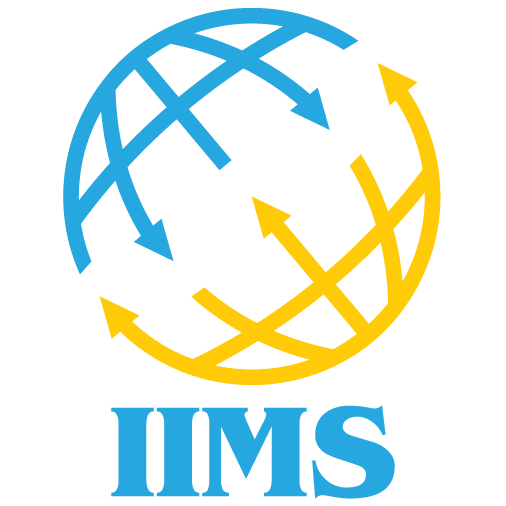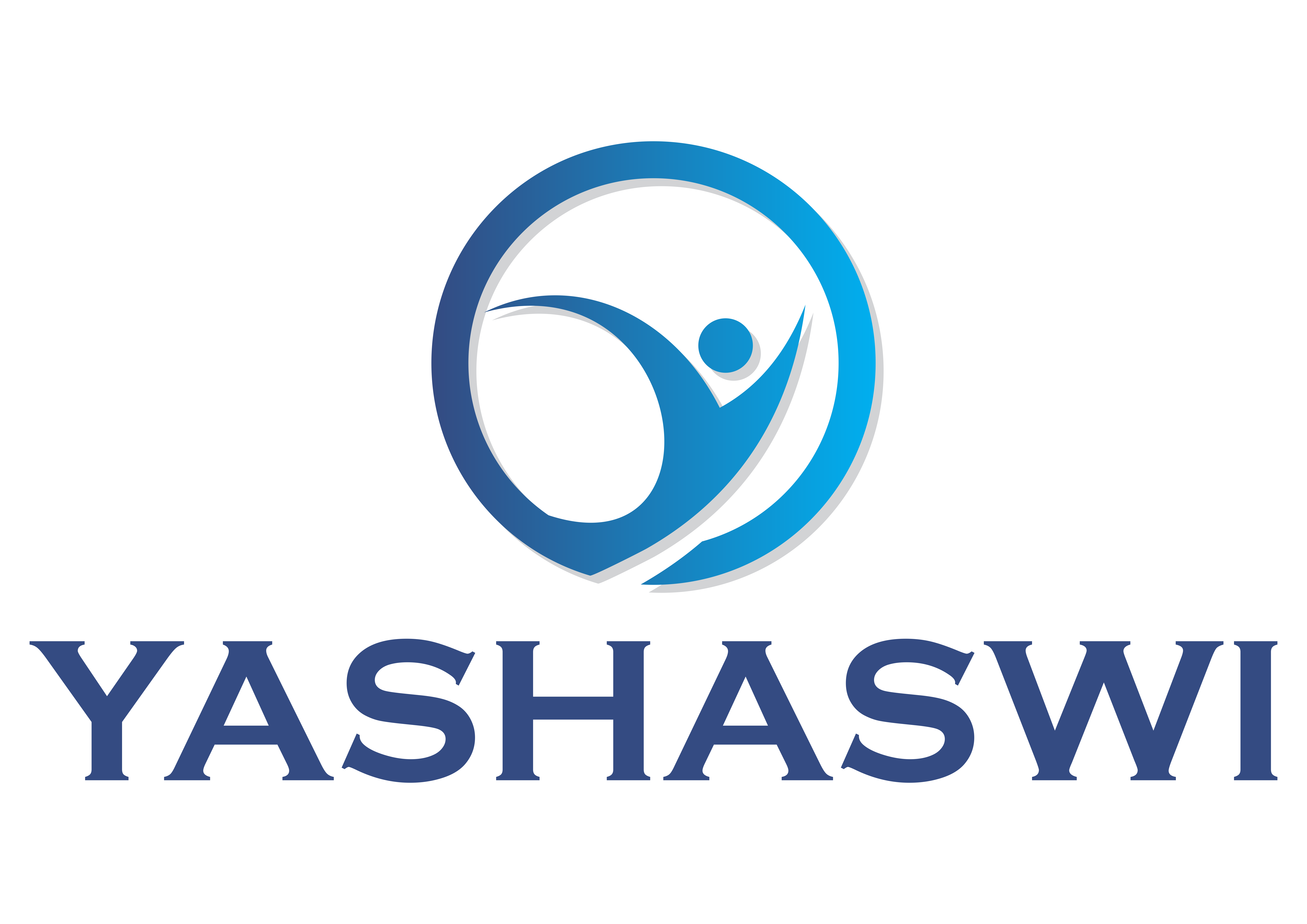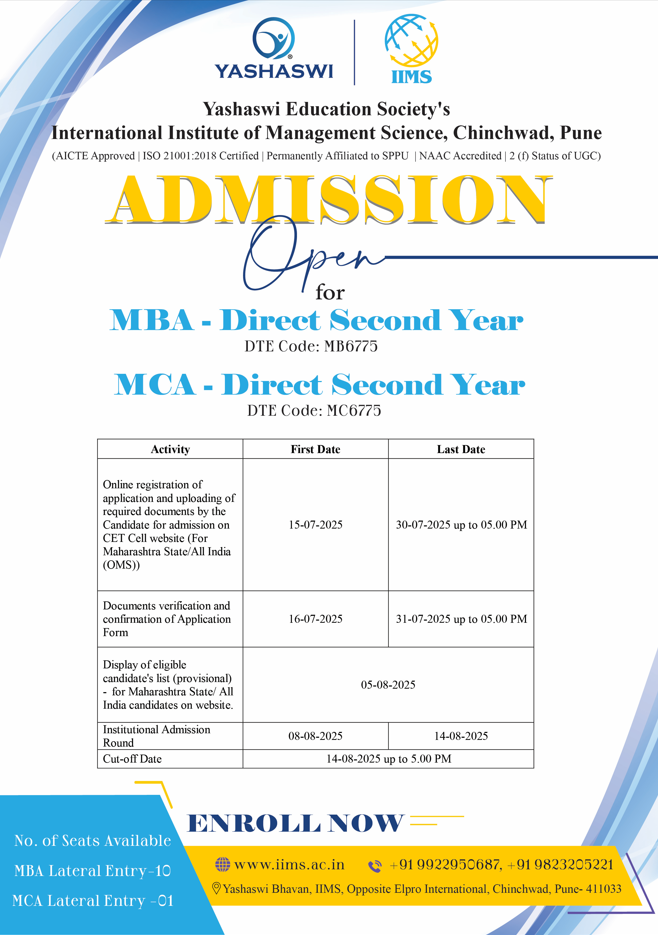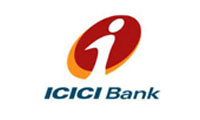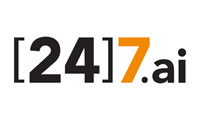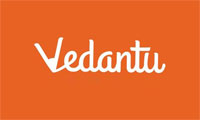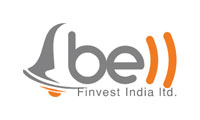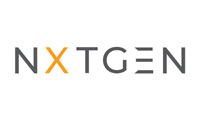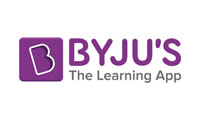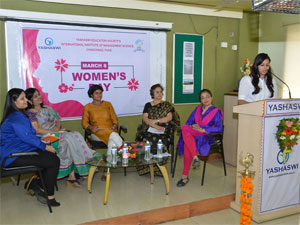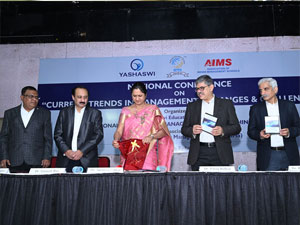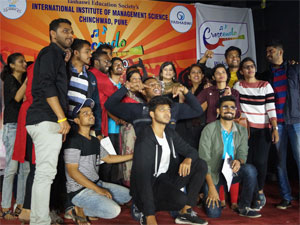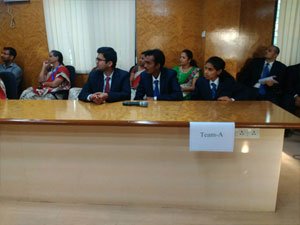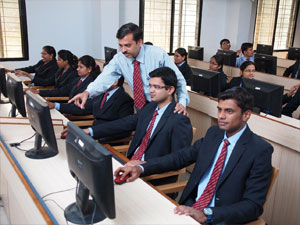Distinctive Practices
Since its inception, International Institute of Management Science has emphasized on establishing its image as a place for learning and personal enrichment of the learners. The Institute has made efforts in promoting a culture of lifelong learning to ensure continuous development and adaptability in a rapidly changing world.
Title: Special Issue of Inhouse Research Journal “Yashomanthan” in Collaboration with NIPM.
Ensure that theoretical knowledge is informed by practical insights and industry needs.
Context:
The Institute promotes industry-academia collaboration, emphasizing the importance of connecting theoretical knowledge with practical application in management education. By forging strategic partnership with NIPM, since the onset of COVID-19, the International Institute of Management Sciences (IIMS) has published eight special issues of its in-house journal, Yashomanthan, in collaboration with the National Institute of Personnel Management (NIPM). These issues have undergone a rigorous peer-review process to ensure the highest quality of content. Contributions from top industry professionals and distinguished academicians have enriched these publications, significantly adding to the body of literature and knowledge available to the student community. The in-house multidisciplinary research journal, "Yashomanthan," boasts an impressive impact factor of 6.682, as indexed by SJIF. Faculty members have actively encouraged students to contribute to these special issues. Many students and scholars from the institute have submitted articles, enriching the journal with their research and insights. Each of the eight issues covers a diverse range of topics within Human Resource Management (HRM), providing valuable insights and up-to-date information that bridge the gap between academic theory and industry practice. Through these efforts, IIMS continues to enhance the learning experience and professional preparedness of its students.
Evidence of Success: Many students and scholars from IIMS have successfully submitted and published their articles in "Yashomanthan," enriching the journal's content and enhancing their own research skills.
Problems Encountered and Resources Required:
Encouraging consistent and high-quality contributions from industry professionals can be challenging due to varying levels of research experience and academic writing skills.
Title: Industry Insights and Mentorship Sessions
To provide students with opportunities to engage directly with experienced industry professionals, alumni, and enabling them to learn the art of making ethical and informed decisions in their professional lives simultaneously keeping in trend with recent advancements in technology
Context:
Mentoring fosters knowledge-sharing and experiential learning between experienced Industry professionals and students. Mentees develop lasting bonds with their mentors, who serve as role models and advisors throughout their professional journeys. Nine industry mentors from reputed IT companies like TCS, Wipro, Accenture, and Cognizant mentor students on a weekly basis through online sessions. These discussions cover project work, the latest technological trends, additional courses or skills to develop, and career guidance.
Evidence of Success:Attendance of mentees in each session is recorded, and mentors submit reports on the sessions held. These mentoring sessions offer several benefits as it helped mentees gain a better understanding of their strengths, weaknesses, and professional aspirations. The Interactions with Industry mentors lead to the formation of Software Development Cell. 4 students received Placement opportunities through direct interaction with industry mentors.
Problems Encountered and Resources Required:
Industry professionals often have hectic and demanding schedules, making it challenging for them to consistently take time out on a weekly basis for mentoring. Similarly, students sometimes face reduced commitment to mentoring activities due to exams and other academic responsibilities.
Title: Tea with Director" Meetings
To encourage open communication, promote a culture of collaboration and inclusivity, and provide students with a platform to engage directly with the institute's director.
Context:
This initiative is designed to foster continuous improvement and innovation by enabling open communication within the institute. The meetings allow students to feel heard and understood by the director, address their concerns, and receive guidance and mentorship. These interactions boost students' confidence and provide a unique opportunity to share their experiences and ideas directly with the director. Regular participation from students, with 5 to 7 students from each stream invited every Thursday. The Meetings are noted and put forth in the faculty meetings for further improvement.
The basic aim being positive feedback from students who feel their concerns are addressed and their voices are heard. Students too get benefit from the director's wisdom, experience, and advice on academic, career, and personal matters.
Evidence of Success: Regular student participation, increased transparency, and positive student feedback are strong indicators of success. These interactions have led to the organization of additional value-added courses and extracurricular activities, such as annual functions and college fest. This has simultaneously enhanced the experiential learning of the students and their involvement in various activities. In every event organized by the institute, students have played a major role in both planning and execution. This active involvement has contributed significantly to their overall personality development.
Problems Encountered and Resources Required:
• Finding a suitable time that accommodates both the director's and students' schedules can be challenging, especially during exams or busy academic periods.
• Maintaining consistent engagement from students and ensuring that all streams have equal representation is a challenge.
IIMS's "Tea with Director" meetings exemplify the institute's commitment to fostering open communication and collaboration. Along with other initiatives like the "YASHOMANTHAN" journal and mentoring sessions with industry experts, these meetings highlight IIMS's dedication to providing a holistic education that integrates theory with real-world practice. By bridging the gap between academia and industry, IIMS prepares students for successful careers and contributes to the advancement of knowledge and best practices in management. Through these collaborative efforts, the institute continues to drive innovation, excellence, and sustainable growth in both academia and industry.

